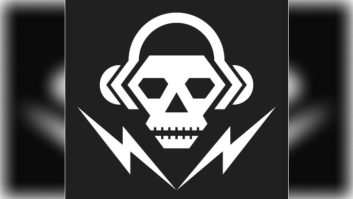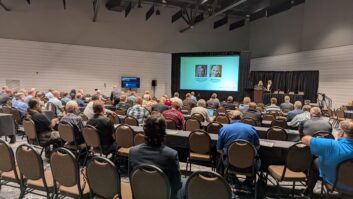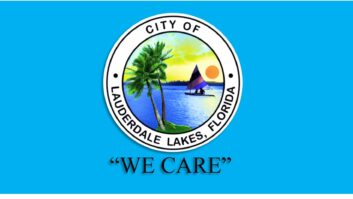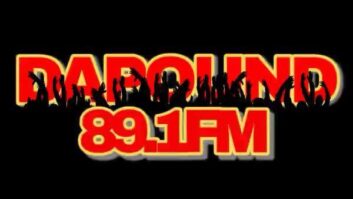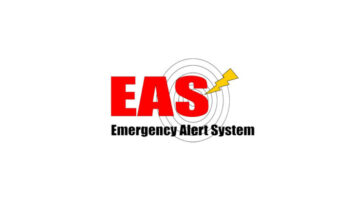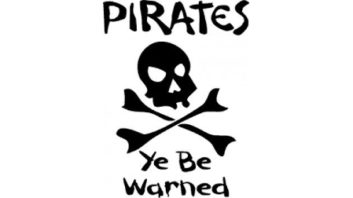
For the second time, the PIRATE Act (H. R. 583) has unanimously passed the U.S. House of Representatives on Monday, Feb. 25.
Although this time it was brought forward early in the first session of the 116th Congress, only time will tell if the Senate will next take up the bipartisan legislation or if it will die in committee, as it did during its first go-around on Capitol Hill.
[Ready to Battle Again, Legislators Resubmit PIRATE Act to the House]
New York State Broadcasters Association President David Donovan and NAB President/CEO Gordon Smith have been vocal in their support of the PIRATE Act and issued statements that praised the House and urged the Senate to take the steps necessary to make the bill into a law.
WHAT’S IN THE PIRATE ACT, ANYWAY?
In case you need a refresher, the PIRATE Act takes the following steps to combat illegal broadcasting and interference:
- It creates a maximum penalty for illegal broadcasts to $2,000,000 — but also ups the fine allowable to $100,000 per day.
- The FCC will have to prove it’s working hard to combat piracy and support enforcement by reporting its progress to Congress annually.
- Biannual “enforcement sweeps” will also be instituted in the top five radio markets, during which personnel will work to on “identifying, locating, and taking enforcement actions designed to terminate such operations.” However, this doesn’t mean the FCC is discouraged from taking enforcement actions throughout the year.
- It eliminates the notice of unlicensed operation and allows personnel to cut to the chase and issue a notice of apparent liability to alleged violators, unless there is a good reason.
- The commission will create a new Pirate Radio Broadcasting Database within three months of the legislation’s passage, and it will be updated semiannually. It will contain the stations licensed in the AM and FM bands, including assigned frequency, channel number or call letters. Additionally, the database will identify “entities that have received a notice of unlicensed operation, notice of apparent liability, or forfeiture order issued by the commission.”
- The PIRATE Act also defines pirate broadcasts as “ the transmission of communications on spectrum frequencies between 535 and 1705 kHz, inclusive, or 87.7 and 108 MHz,” meaning compliant Part 15 operators are clearly excluded.
